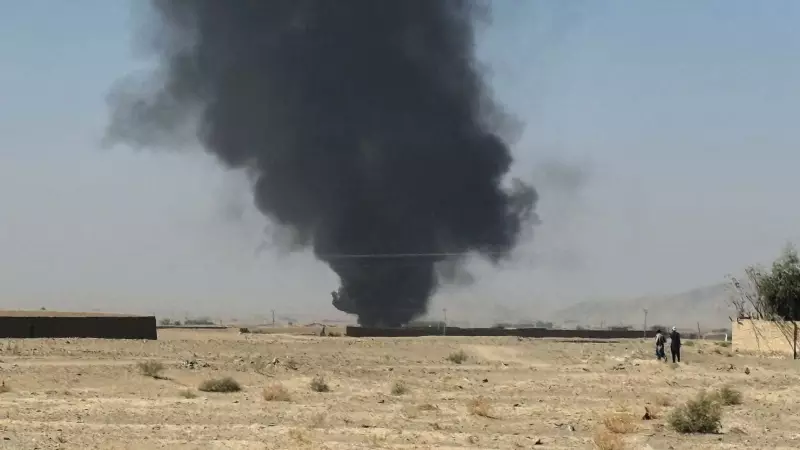
Fresh hostilities have erupted along the volatile Afghanistan-Pakistan border, marking one of the most significant escalations in recent years. The situation intensified dramatically when Pakistani military forces conducted targeted strikes inside Afghan territory, leading to multiple casualties and a severe diplomatic breakdown between the two neighboring nations.
What Triggered the Latest Confrontation?
The current crisis stems from Pakistan's assertion that militant groups operating from Afghan soil have been responsible for increased terrorist activities within its borders. Islamabad claims these groups have found safe havens in Afghanistan, prompting what they describe as "anti-terrorist operations" across the border.
Military Actions and Immediate Consequences
According to verified reports, Pakistani military forces launched precision strikes in Afghanistan's eastern provinces. The Afghan Taliban government confirmed these attacks resulted in at least eight fatalities, all described as civilians including women and children. Meanwhile, Pakistan maintains they targeted militant positions exclusively.
The strategic Torkham border crossing, a crucial trade and transit route between the two countries, has been completely shut down. This closure significantly impacts cross-border trade, humanitarian aid, and civilian movement, creating economic hardship for communities on both sides.
Diplomatic Fallout and Official Statements
The Afghan Taliban administration has strongly condemned Pakistan's actions, labeling them as "reckless violations of Afghan sovereignty." Afghan officials have summoned Pakistani diplomats in Kabul to register formal protests and demand immediate cessation of military operations.
Pakistan's Foreign Office released an official statement defending their actions as necessary measures for national security. They emphasized their right to self-defense against what they term "terrorist sanctuaries" operating from Afghan territory.
Historical Context and Regional Implications
This isn't the first time tensions have flared along the disputed Durand Line that separates the two nations. The border has been a persistent source of conflict, with Afghanistan never formally recognizing the colonial-era demarcation. The current escalation represents the most serious test for relations since the Taliban returned to power in 2021.
International Community's Response
Regional powers and international organizations are closely monitoring the situation. There are growing concerns that prolonged conflict could destabilize the entire region and complicate ongoing counter-terrorism efforts. Diplomatic channels are actively working to de-escalate tensions and prevent further military engagements.
What Happens Next?
The immediate focus remains on reopening the Torkham border crossing and restoring diplomatic communications. However, with both sides maintaining firm positions and civilian casualties reported, the path to de-escalation appears challenging. The international community watches anxiously as this border conflict threatens to spiral into a broader regional crisis.





